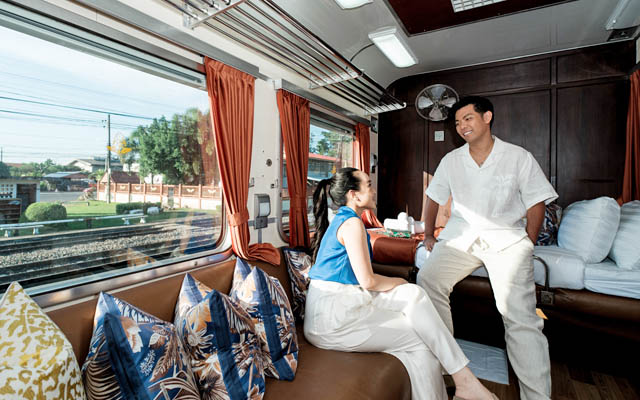THE Philippines Bureau of Immigration will launch a new Long Stay Visitors Visa Extension, enabling temporary visitors to extend visa validity by six months after the expiry of the standard 21-day visa.
Foreigners will be able to apply for an extension up to two times in Manila or at major provincial offices, at 13,000 pesos (US$302) each time plus a further 100 pesos for a security visa sticker.
Currently, visitors would have to obtain a 38-day extension after the standard visa expires, and then continue to apply for up to three more two-month extensions. Under the new scheme, the 38-day permit will no longer be offered.
Welcoming the measure, Eleanor Ng, director for tourism services at Marsman Tours, remarked: “It can be a tedious process to extend one’s visa once (tourists) are here…(The new visa) will make the process simpler and gives them the option to plan ahead for longer stays.”
Cesar Cruz, president, Philippine Tour Operators Association, said the visa would benefit business travellers “especially if this visa is valid for multiple entries”. Filipinos already holding foreign passports could also use the service, which would “entice them to stay longer in their country of birth”, said Cruz.
Raquel Calma Nakayama, managing director, Stars Travel, expects the Japanese market, to whom her company caters, will make use of the new facility. “Twenty-one days is too short for them…Backpackers come here for six months and stretch their budget.”
However, she pointed out that travel agencies were unlikely to profit from this, as business travellers were likely to apply for the extension independently or have someone in the company process it for them.
She was also sceptical about the hefty price tag: “The fees are unreasonable. This discourages people from staying.”
Celine Clemente, president, Tourism Congress of the Philippines, said the new long-stay visa saved travel time and processing at immigration and potential markets for this service include foreign retirees, medical tourists and students who come to study the English language.
Like Nakayama, Clemente predicts that travel agencies will not earn much from offering the service. Furthermore, firms intending to offer it will have to obtain special accreditation at the Department of Foreign Affairs, as the latter wants to discourage fixers.

















